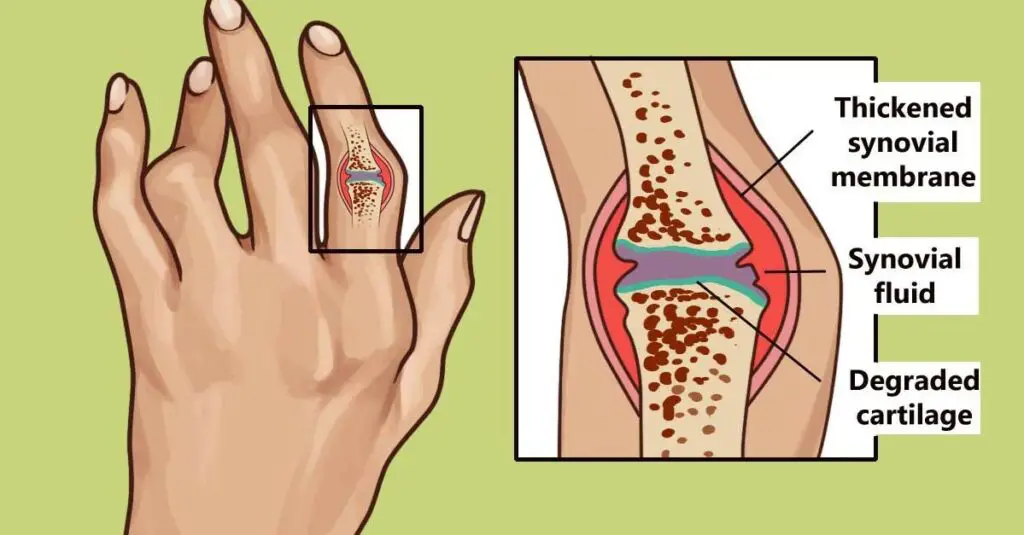Communication is the lifeblood of relationships. In a world where words are our main currency and speeches are our tools of connection, it’s vital to be acutely aware of how they can wound as much as they can heal. The adage “words can never hurt me” couldn’t be further from the truth, especially when certain words and phrases are subtle but insidious forms of abuse. In this article, we shed light on eight seemingly innocuous phrases that may seem benign on the surface but, upon closer examination, reveal deeper layers of hurtful intent.
The Veiled Venom of Verbal Abuse
Verbal abuse is a silent predator. Unlike physical violence, its weapons are the words we use every day—words that, when orchestrated with malice, have the power to disintegrate self-worth, sow seeds of self-doubt, and undermine your very identity. The echoes of abusive language linger long after the conversation ends, shaping our inner dialogue and coloring our relationships for years to come. It’s the emotional equivalent of a slow-burning fire, creeping across the forest floor before the blaze becomes uncontrollable.
Many people find themselves in verbally abusive situations without realizing it, often brushing off or rationalizing away the subtle verbal jabs that can cumulatively do as much damage as outright hostility. It starts with phrases that might masquerade as jests or well-intentioned advice and ends with a person who’s quietly convinced they deserve to be belittled.
1. “You’re Too Sensitive”
The damage of this comment lies in its dismissiveness. By suggesting that someone is overly sensitive, the speaker implies that the listener’s emotions are exaggerated and, by extension, that their experiences are not valid. This is part of a pattern called gaslighting, a form of manipulation where the victim is made to question their reality. Over time, hearing that you’re “too sensitive” can erode your confidence in your feelings, ultimately affecting your ability to trust your own perceptions.
The Gaslighting Effect
Gaslighting is a tactic in which a person or entity, in order to gain more power, makes the victim question their reality. By minimizing your emotions and making them the problem, the gaslighter is able to maintain control over your emotions, often making you wonder whether your responses are out of sync with reality.
2. “Why Can’t You Be More Like [Someone Else]?”
Comparison is a dangerous game, especially when it’s used to pit family members, friends, or partners against each other. Rather than addressing behavior in a constructive way, this phrase weaponizes the perceived attributes of others to make the listener feel inadequate. It’s a tactic that’s not only demoralizing but can also lead people to believe that their unique qualities are not only unappreciated but also undesirable.
Emotional Manipulation Through Comparison
Comparisons can be destructive, serving as a double-edged sword that not only demeans the individual directly, but also tarnishes relationships by fostering an environment of competition rather than support and appreciation.
3. “You’re Overreacting”
In relationships where this phrase is commonly deployed, it can become a potent silencer. By labeling your emotional response as an overreaction, the speaker subtly convinces you that your feelings are disproportionate to the situation, and by doing so diminishes the legitimacy of your emotional experience. Over time, this can lead to you second-guessing your reactions and can stop you from expressing yourself altogether for fear of being seen as ‘too much.’
The Invalidation of Feeling
When someone tells you you’re overreacting, they are essentially saying that your emotions don’t match what a ‘reasonable’ person would feel in that situation. The insinuation is that there’s something wrong with you, rather than acknowledging there is a valid reason for your emotional response.
4. “It’s Just a Joke, Don’t Be so Serious”
While humor can serve as a fantastic coping mechanism, it can also be used as a shield for hurtful behavior. When someone uses this phrase in response to a comment that caused discomfort or offense, it minimizes the emotional harm by framing it as nothing more than lighthearted banter. The issue with this is twofold: it fails to acknowledge the impact of the words, and it can desensitize the person on the receiving end, making them more susceptible to further abuse under the guise of ‘just joking.’
The Disguise of Humor
The use of humor or playful language can be a clever tactic for hiding harmful intent. It allows the abuser to test boundaries and see how much hurtful behavior they can get away with by rebranding it as ‘all in good fun.’
5. “You’re Crazy”
Stigmatizing terms like these are not only hurtful by themselves but also carry the weight of societal scorn and misunderstanding towards mental health. Deeming someone ‘crazy’ as a response to their behavior or emotional state is more than a slur – it’s a label that can foster a sense of isolation, shame, and can deter individuals from seeking the help they need.
The Stigma of Mental Health
Language that directly or indirectly belittles someone for their mental health state contributes to a damaging culture of stigmatization. This can have significant repercussions, including the delayed intervention for mental health issues due to fear of judgment and ostracization.
6. “You’re Being Dramatic”
Likened to ‘overreacting,’ being called ‘dramatic’ is another way for others to downplay your emotions. It’s dismissive in a way that frames your concerns as unimportant and, like many of the other phrases, can lead to the erosion of your self-esteem and trust in your feelings.
The Undermining of Self-Worth
Consistently being told you’re being dramatic can lead to you internalizing the belief that you’re somehow deficient for expressing emotions, or that the way your personality naturally expresses itself is somehow flawed.
7. “I Was Just Trying to Help”
This phrase often follows an action or comment that caused harm, and it’s problematic because it places the responsibility for your feelings on the listener rather than on the speaker. It’s an abdication of responsibility for the impact of one’s actions and can be used to excuse abusive behavior.
The Excuse for Harmful Actions
Accountability is the first step towards changing behavior, and this phrase effectively deflects any blame away from the person who caused the harm.
8. “You’re Lucky to Have Me”
Potentially one of the most overtly manipulative phrases, this one is used to instill guilt and maintain control. It sets up a power dynamic where the speaker is the one who holds all the cards, and the listener should be grateful for whatever attention or affection they receive, no matter how it’s given.
Establishing Control Through Guilt
By suggesting that the listener is not only dependent on the speaker but should also feel lucky to have them, this phrase effectively skews the idea of a healthy relationship and replaces it with one steeped in power imbalance.
Conclusion: The Power of Recognition and Reclamation
The first step in addressing abusive language is recognizing it for what it is. By understanding the insidious nature of these seemingly benign phrases, individuals are empowered to reclaim their emotional health and the sanctity of their interactions. Healthy communication is a continual process of active listening, empathy, and respect. It must be nourished and protected, free from the weeds of manipulation and control.
In a landscape where words are both the tools of creation and destruction, being mindful of our linguistic garden is imperative. We must all strive to cultivate environments where language uplifts and empowers, rather than diminishes and divides. For it is by nurturing our language and our relationships that we build a society founded on mutual growth and support, rather than fear and coercion.








